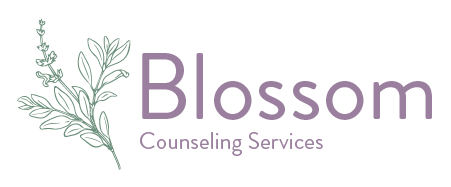Generational trauma, like ripples in a pond, can affect individuals and families for generations.
It’s the weight of the past that can sometimes feel overwhelming. But healing is possible. Let’s explore some ways to address and heal from generational trauma.
Understanding Generational Trauma
First, it’s important to understand what generational trauma is. It’s the transmission of trauma from one generation to the next.
It can show up in many forms, like anxiety, depression, substance abuse, or unhealthy relationships. Recognizing the signs is the first step to healing.
Healing as an Individual
- Educate yourself: Learn about generational trauma and its impact. Knowledge is power.
- Seek professional help: A therapist can provide tools and support as you navigate your healing journey.
- Practice self-care: Prioritize your physical and mental well-being. This includes sleep, nutrition, and exercise.
- Build a support system: Connect with friends, family, or support groups who understand your experiences.
- Explore your family history: Understanding your family’s story can provide valuable insights.
Healing as a Family
- Open communication: Create a safe space for honest and open conversations about the past.
- Seek family therapy: A therapist can guide your family through the healing process together.
- Establish healthy boundaries: Setting limits can protect your emotional well-being.
- Build new traditions: Create positive experiences to counterbalance past pain.
- Practice forgiveness: Letting go of resentment can be a powerful step towards healing.
Remember, healing from generational trauma is a journey, not a destination. It takes time, patience, and self-compassion. You don’t have to do it alone.
There are people and resources available to support you.
Looking for support on your healing journey? Reach out to us today.
Get Started
You may call, text message, email, or fill out the form to reach us. We will respond within 48 hours, Monday through Friday.
We Will Help You Find Your Fit
We know that looking for a counselor can feel overwhelming.
We are here to help guide you to the counselor that is best for your needs. If that counselor turns out to
not be in our practice, that's okay. We know great counselors that we'd be happy to refer you to.
What’s most important to us is that you get connected with the help you need. We are here for you.

